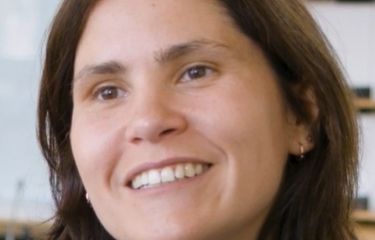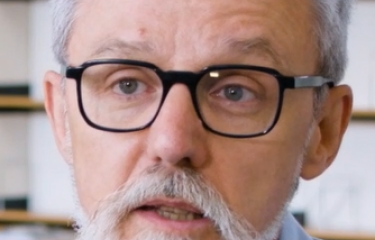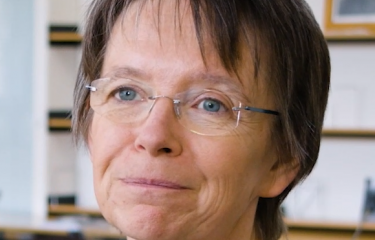AIDS research at the Institut Pasteur
Today, 34 years after Institut Pasteur scientists discovered HIV-1 – a breakthrough that was awarded the Nobel Prize in Medicine in 2008 – AIDS remains a major public health problem, affecting the poorest countries and people in particular: 37 million people live with HIV/AIDS in the world, half of whom do not have access to treatment, and there are over 2 million new cases every year.
In this context, HIV/AIDS research still constitutes one of the main objectives of the Institut Pasteur in Paris and the Institut Pasteur International Network, in countries particularly affected by the epidemic. The lines of research cover most of the current main fields of investigation. They concern studies on the development of the epidemic, HIV entry and multiplication mechanisms in human cells, virus transmission, pathophysiology of the infection, human immune response to the virus, natural protection in humans, the roll out of treatment in countries with limited resources, research into curing HIV infection, and of course vaccine candidates.
This work is being carried out in close partnership with the French National Agency for AIDS Research (ANRS), and in cooperation with the Institut Pasteur International Network, hospitals in France and national and international partner laboratories.






